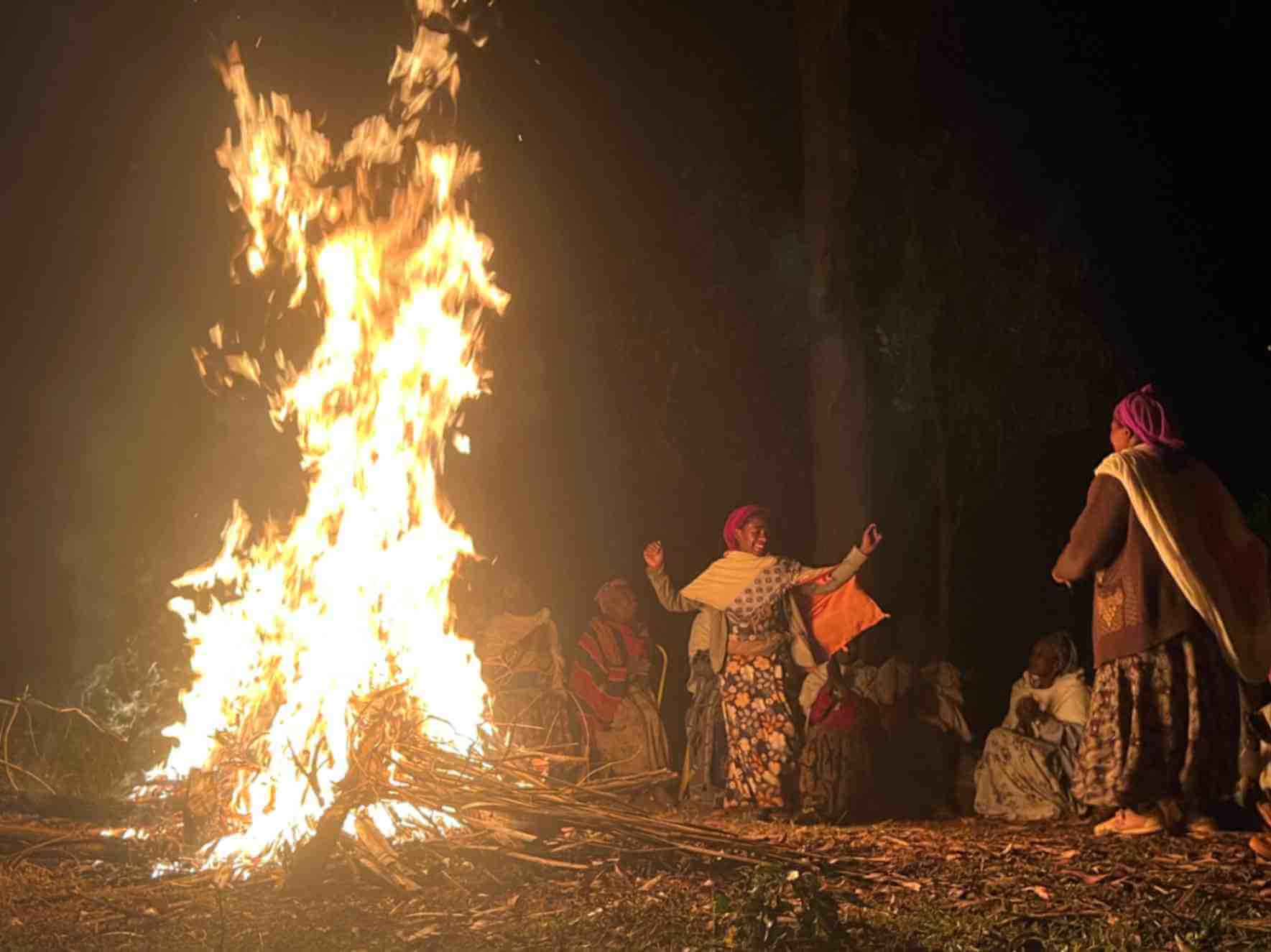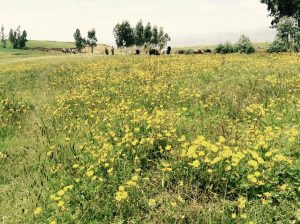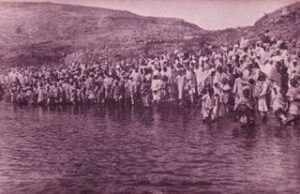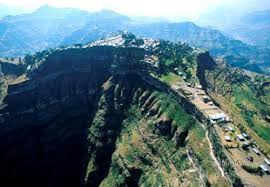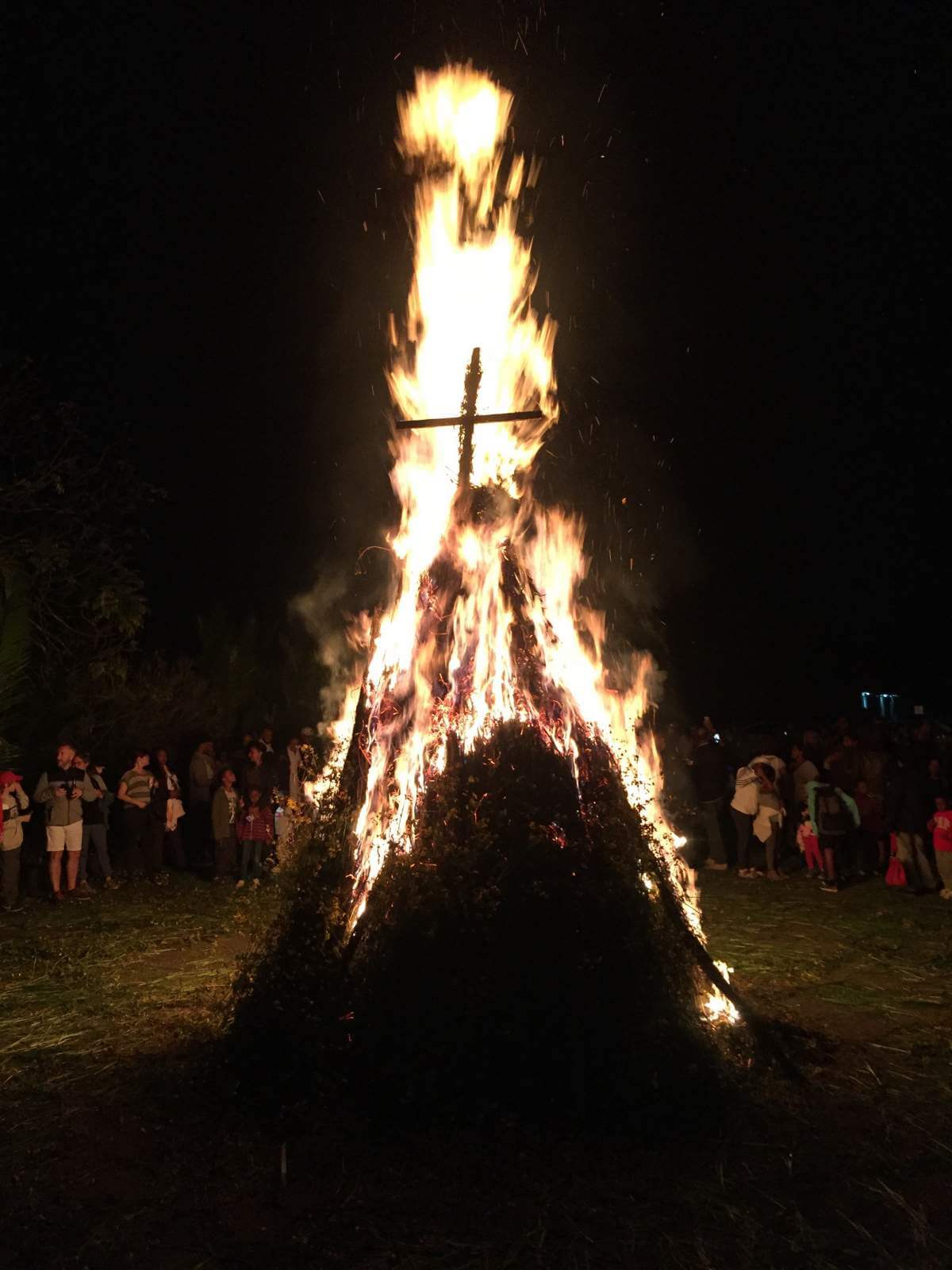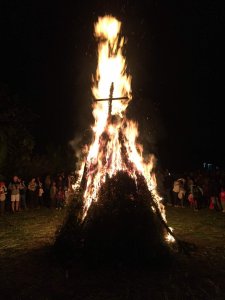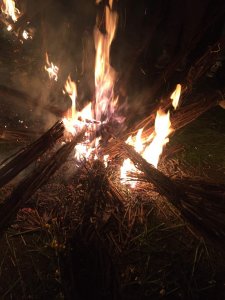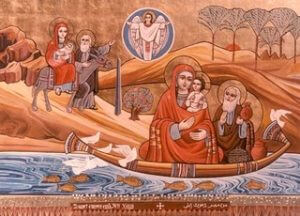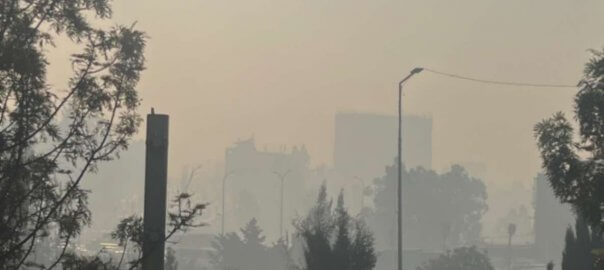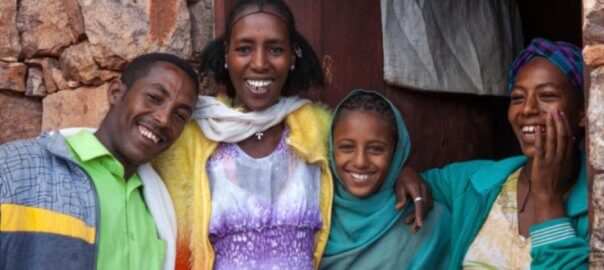As the rainy season – the Kremt – begins to recede, Ethiopians prepare to celebrate their new year – saying goodbye to 2016 and hello to 2017. If you want to know about the why’s and wherefores of the Ethiopia’s unique calendar please check this earlier blog article.
The New Year holiday falls on a Wednesday this year (Wed 11 Sep) -a fasting day -and as a result the normal celebratory meat based food can’t be consumed by Orthodox Christians. So many will postpone the feasting on such dishes as dorowot (a spicy chicken stew) until Thursday. However only the Wednesday is a national holiday.
A few days later on Monday 16 Sep, Ethiopia’s muslims will celebrate the birthday of the Prophet Mohammed, known as Mowleid, which is also a national holiday.
A little more than a week later is the celebration of Meskal, when the Orthodox community celebrate the finding of the True Cross in Jerusalem by St Helena, the mother of the Emperor Constantine in 327 AD. The digging started on Meskerem 17 (27 Sep) and the cross itself was recovered on Megabit 10 (19 March) … for more background about this holiday check out this article I wrote a few years ago.
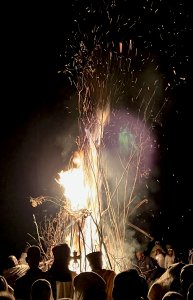 Meskal is celebrated across Ethiopia with bonfires (Demera) lit with a cross sticking up from the centre. The way the cross falls is seen as a prediction of fortune for the community and nation. In many places the bonfire is on the eve of Meskal but in some places it is lit on the morning of the holiday. One such place is Adigrat in Tigray, where Meskal is a very big celebration and most people who come from the town return for this big event. Bars have seating on the roads and everybody celebrates – in some ways it feels a bit like Ethiopia’s answer to the Munich Oktoberberfest.
Meskal is celebrated across Ethiopia with bonfires (Demera) lit with a cross sticking up from the centre. The way the cross falls is seen as a prediction of fortune for the community and nation. In many places the bonfire is on the eve of Meskal but in some places it is lit on the morning of the holiday. One such place is Adigrat in Tigray, where Meskal is a very big celebration and most people who come from the town return for this big event. Bars have seating on the roads and everybody celebrates – in some ways it feels a bit like Ethiopia’s answer to the Munich Oktoberberfest.
But probably the most famous celebrations of Meskal are found in the peoples of the South West of Ethiopia – the Gurage, the Dorze and the Gamo peoples. The days leading up to the Meskal holiday itself are each separate and have their own celebrations – eating of special prepared green (gomen), the day slaughtering of the oxen, a day for the women and so on. There is much dancing and cultural foods are eaten. And this year Meskal also falls on a fasting day – Friday, so a lot of the celebration with traditional foods like kitty – a delicious minced meat marinated in butter and spices and traditionally served raw, will be eaten on the Saturday.
In the days leading up to Meskal thousands of Addis Ababans flock to these areas, notably to Gurage which is closest, to enjoy this authentic celebration of the famous holiday.
There is yet another holiday to come before the end of Meskal – the first month of the Ethiopian Calendar: Irreeychaa. This is a traditional Oromo thanks giving festival that celebrates the end of the rainy season. The local population led by elders will congregate, most typically at lakes and prayers are said to Waaqua (God) and freshly cut flowers and grass laid on the lake. The largest celebration was for many years at Bishoftu, where there are many crater lakes, however now it is also celebrated in Addis Ababa, usually on the Saturday and then the Sunday at Bishoftu and in other regional centres.
There is also one very special Saints’ day in Meskerem:- Gishen Mariam. This festival is also linked to the True Cross and celebrates that a fragment of the true cross is buried at the Mariam church on mountain. This is the location of one of Ethiopia’s most famous pilgrimages, as thousands of pilgrims stream up the narrow mountain roads and clamber up the steep paths from their vehicles to reach the mountain top churches.
More details about both Irreeychaa and Gishen Mariam can be found in this article called Crosses, Thanksgiving and Fasts

